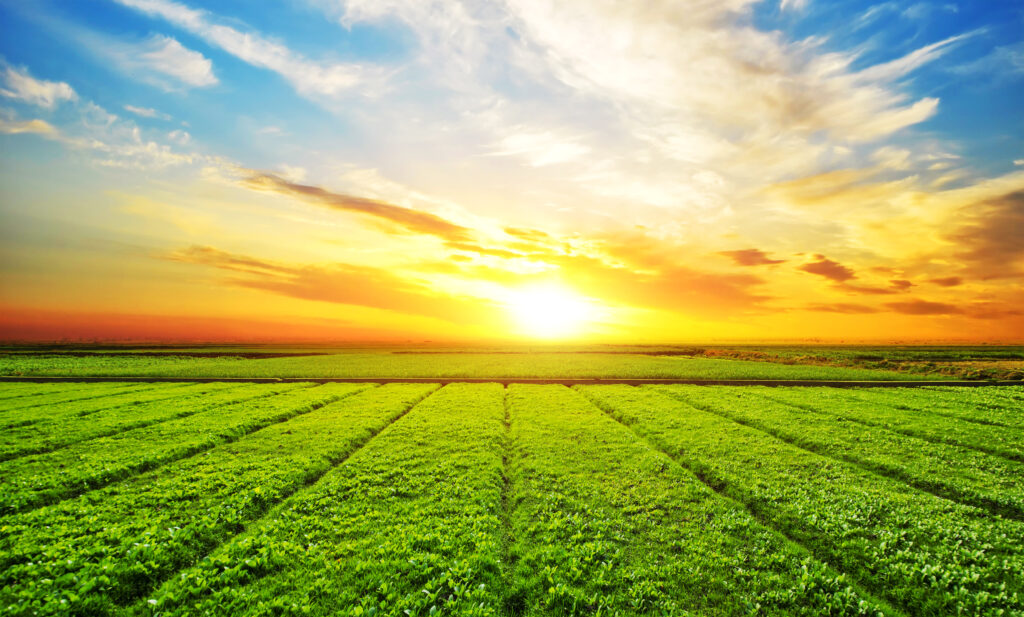
Greater returns, sustainable assets, and an ever appreciating value, all without the hassles of managing, have made agricultural lands a more practical alternative of investment in the modern-day. Investing in farmland for urban owners has never been easier. Today a managed farmland bridges the much-needed gap of investment in agricultural land by providing a framework that works for the investor to passively earn on their assets without overseeing the daily activities.
Pros Of Investing In Agricultural Land
A managed farmland solves the very fundamental problem an urban investor might have. It provides a reliable system of investment and returns wherein the owner can sit and relax and earn annually without supervising themselves.
Hassle-Free Ownership
Farmland ownership incorporates the completely safe legal transfer of assets, managed by a professional agency that eliminates the hassles of overseeing the activities around your property. The ownership of the land is in your hands and earns the investor a hefty sum of money annually.
Ever-Increasing Valuation Of Land
Like real estate, the valuation of a managed farmland has an ever-increasing nature. However, it is not limited to that, the farmland’s resources earn investors big through various commercial activities around the plot.
Passive Source Of Income
Owning farmland in India is one of the rising investment opportunities that offer a lucrative proposition for constant passive income. Not only that, the profits from the agricultural land vary vastly and can be extremely remunerative from the type of forestry and crops implemented in the area. And though it is not a movable asset, you do have the security of an ever-increasing value just like any other form of land property.
A Spot For Weekend Excursion
Besides, a source of income for the owner, the farmlands also welcome investors for a nice relaxing getaway nestled in the azure skies of rural atmosphere. Farmlands are an enticing spot for an excursion with your family as your laze and relax in the comfy environment of natural springs, green grasslands and relish the fresh and refreshing delicacies of organic produce.
Encouraging Afforestation
Tree plantations for timber and fruits are among the top sources of income for managed farmlands and consequently increase the biodiversity and forestry in rural areas. Planting trees helps people contribute their share in curbing climate change and reducing carbon footprint.
Rural Job Creation
Managed farmlands require a considerable amount of labour depending on the size of the land. It creates numerous jobs in rural areas as well as opportunities for the development of the area.
Cons Of Investing In Farmland
When it comes to the downsides of owning agricultural land, there are a few limiting factors. Here are some of the disadvantages of owning farmland.
High Price Of Investment
Buying and investing in farmlands is not a financial proposition feasible for everybody. The price and costs involved with a managed farmland are generally quite high and require considerable financial capital.
Keep Abreast With Local Laws And Regulations
Owning farmland can become a tricky business if you’re not apprised of the laws and regulations that govern that area. While making the transaction for the property, the investor must be aware of the regulations on the particular plot to avoid infractions in any shape or form.

Recent Comments